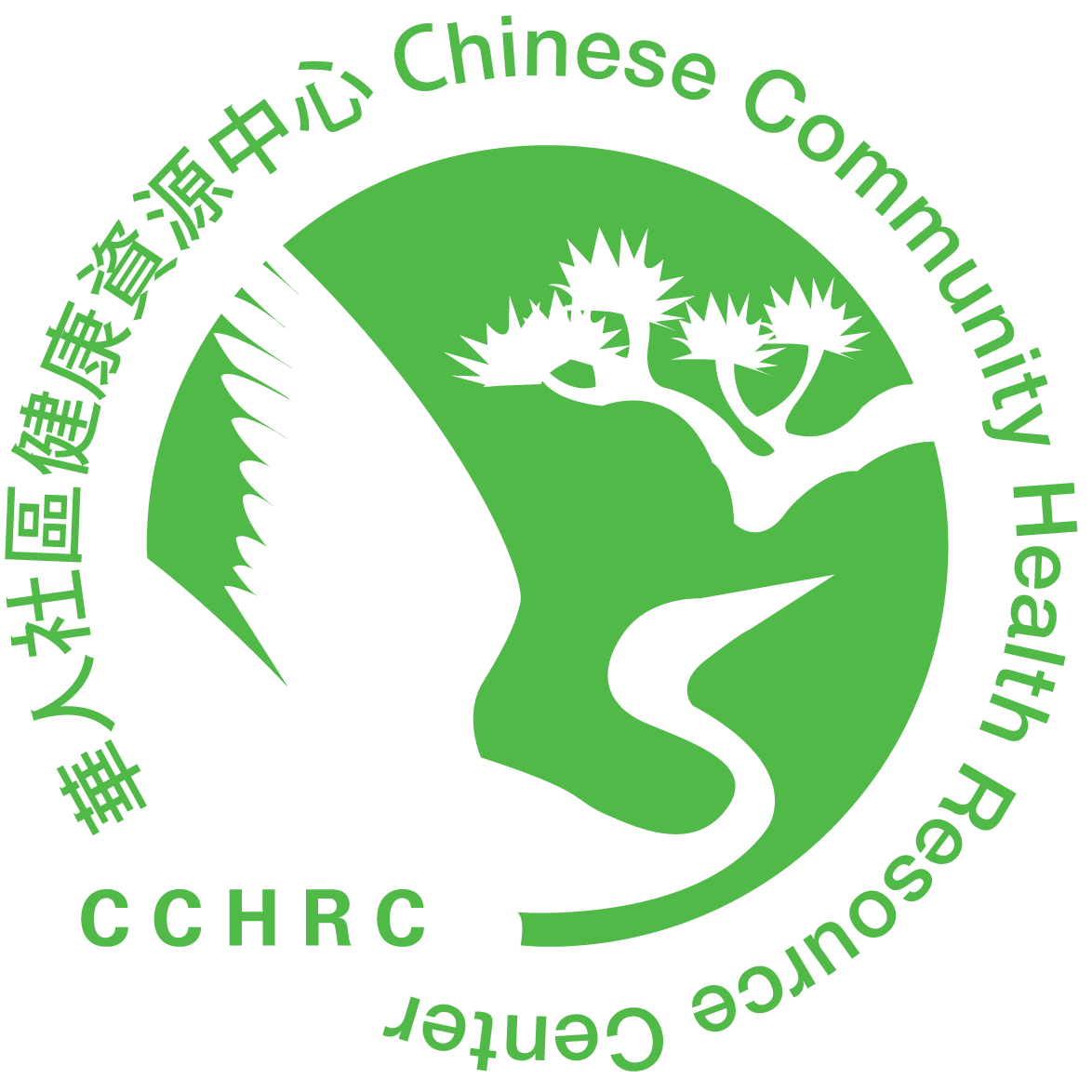1. Eat at regular times and maintain healthy eating habits. Consume 3 meals and 1-2 snacks daily. Include appropriate servings from each food group at each meal. Ideally, you should eat every 4-5 hrs.
2. Reduce sugar (white sugar, brown sugar, rock sugar, syrup, honey) in foods or beverages. Sugar substitutes, such as Sweet & Low, Equal, or Splenda should be used in moderation.
3. Limit sugar-containing beverages, foods, and condiments such as sweetened soy drinks, bubble tea, soda, condensed milk, sweet buns, jams, candies, desserts, sweet and sour foods, BBQ sauce, ketchup, hoisin sauce, sweet bean paste, plum sauce, and oyster sauce.
4. Limit white rice, rice porridge, glutinous (sticky) rice and rice pro ducts such as cheong-fun, mei-fun, ho-fun, rice dumplings, rice balls, rice cakes.
5. Limit starchy fruits such as bananas and durian.
6. Include foods high in fiber such as brown rice, dried beans, whole grain breads and cereals, fresh fruits, and vegetables in appropriate amounts.
7. The following foods contain mostly carbohydrates (starches and sugars) and should be consumed in moderation:
- Rice, rice porridge, rice noodles, bread, cereal, crackers, potato, yam, taro, corn, barley, gourd, green peas, dried beans (Approx. 1 cup rice/noodle/cereal or 2 slices bread per meal 1 cup = 8 oz.)
- Fruits (Approx. 2-3 small ones per day)
- Milk (fat free or 1% low fat) or unsweetened soymilk with calcium (Approx. 2 cups per day 1 cup = 8 oz.)
8.4 oz (1/2 cup) of 100% unsweetened fruit juice may be substituted for 1 serving of fruit occasionally.
9. Choose protein foods low in fat such as chicken, egg white, fish, lean meats, and tofu. Remove all visible fat and skin from meat. Nuts, seeds, and peanut butter may be eaten in moderation. About 5-6 ounces of meat and 1 ounce of nuts may be eaten daily.
10. Limit high cholesterol foods such as organ meats (liver, gizzard, kidney, brain, tongue), egg yolk, crab, cuttlefish, lobster, shellfish, shrimp, and squid.
11. Limit animal fats (lard, chicken fat, butter), fried foods, dim sum, margarine, mayonnaise, salad dressing, and coconut milk.
12. Use a small amount of oil in cooking. Choose liquid oils, such as canola oil or olive oil. About 5-6 teaspoons of oil may be used daily.
13. Prepare foods by steaming, braising, boiling, or baking.
14. Limit salty (high sodium) foods and condiments such as salted egg, salted fish, ham, sausage, preserved meats, canned foods, salt, soy sauce, fish sauce, oyster sauce, MSG, fermented black beans, chili sauce, bean paste, shrimp paste, and fermented bean curd.
15. Use low sodium seasonings: anise, black pepper, celery, curry powder, five spice powder, garlic, ginger, green bell pepper, lemon juice, onion, parsley, red pepper, and vinegar.
16. Avoid drinking alcohol on an empty stomach as it may cause low blood sugar.
17. Sugar-free products, diet soda, broth, coffee, and tea may be consumed in moderation.
Copyright © 1993-2022 Chinese Community Health Resource Center
If you would like a copy of this health article, please click on the PDF button in the language you prefer. To view the PDF document, you’ll need Adobe Acrobat, which you can download here.
Bilingual:



